If you’re familiar with the world of applied behavior analysis, you’ve likely heard of both BCBAs and RBTs. What you may not know, however, is how these two credentials are different.
BCBA Overview
What is a BCBA?
BCBA, or Board Certified Behavior Analyst, is an increasingly popular credential for professionals who work with the autism spectrum disorder. However, contrary to popular belief, BCBA is not a credential specific to autism; the BCBA certification is specific to behavior analysis. BCBAs do work with many individuals who are on the autism spectrum in schools, hospitals, and other settings, but this is not the only population they serve. For example, BCBAs may work with residential facilities for geriatric patients and work with patients who do not comply with taking prescribed medication. A BCBA can help to identify the function of the behavior and help to improve this behavior.
What does a BCBA do?
Because a Board Certified Behavior Analysts receives extensive schooling and training, they are able to devise treatment plans, provide behavior analysis services, and supervise behavior analysis services by RBTs and BCaBAs.
BCBA Certification
In order to earn the BCBA certification, you must first earn a behavior analysis graduate degree and complete BCBA (or behavior analysis) courses. After completing your Master’s degree, you will complete supervision with a certified BCBA before applying to take the BCBA exam.
Because many individuals working toward their BCBA certification are working full-time with applied behavior analysis, there are many BCBA courses online that provide a more flexible class schedule. If a BCBA wishes to advance their certification in their field, they can also pursue a doctorate degree and earn the BCBA-D credential.
Is a graduate degree required? Yes
Are additional BCBA-specific courses required? Yes
Are supervisory hours required? Yes
Is a BCBA exam required? Yes
RBT Overview
What is an RBT?
An RBT, or Registered Behavior Technician, is a paraprofessional, meaning they work under the supervision of a BCBA or BCaBA (or FL-CBA).
What does a RBT do?
In the course of behavior analysis, a BCBA will create a treatment plan, then the actual services may be provided by an RBT or BCaBA.
RBT Certification Overview
The Registered Behavior Technician education component is different than the BCBA education component, as RBTs are not required to earn a Bachelor’s or Master’s Degree. To become a RBT, you must be at least 18 years old and have a high school diploma. There are also 40 hours of training required before completing the RBT Competency Assessment and RBT exam.
Is a graduate degree required? No
Are additional RBT-specific courses required? No
Are supervisory hours required? Yes
Is a RBT exam required? Yes
Chicago ABA Therapy is a leading clinic for pediatric ABA therapy, occupational therapy, and speech-language pathology. Contact us if you’re interested in learning more about applied behavior analysis therapy and other services we offer for children.


